Our Doctoral Students
Adam Parr
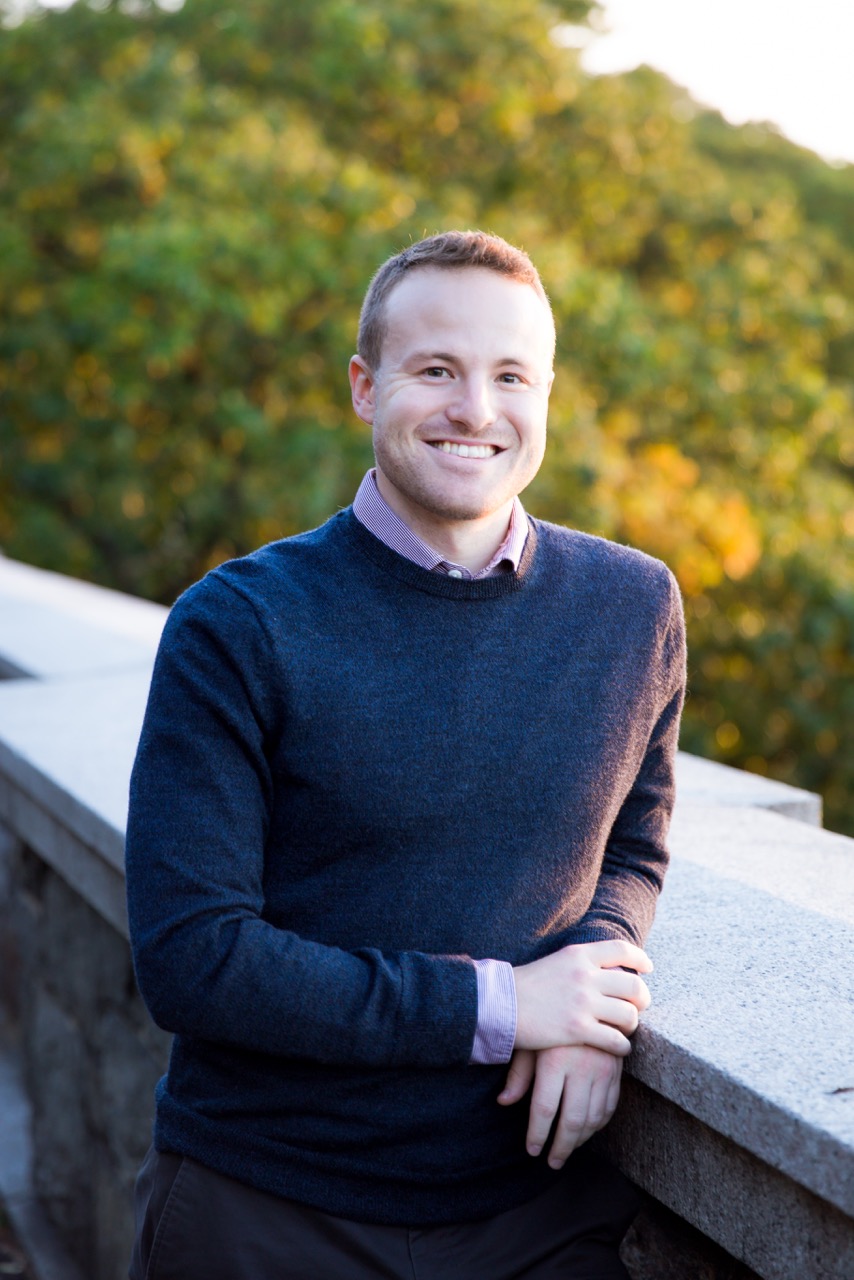
Where are you from?
Baltimore, MD
What was your academic background before coming to the Soc-Org Psych Program at TC?
I have a B.A. in Philosophy from Franklin and Marshall College and an M.A. in Psychology from Stony Brook University. I also worked for Harvard GSE researching the influence of discussion and debate on educational outcomes (grades 4-8) in urban public schools in Boston and Baltimore.
Why did you choose the Soc-Org Psych Program at TC?
As many others in our program, I was attracted to the prospect of going into academia, industry, or a combination of the two. I strongly believe in the program’s orientation toward integrating theory and practice. Unlike other programs, the Soc-Org Psych program adds an important systems level/organizational perspective that is often overlooked in social psychology programs. The program’s location in NYC is also a plus for forming partnerships with organizations, non-profits, the UN, etc.
What are your research interests? Have they changed since you started the program? If so, in what way?
When I started, my interests were focused on language, communication, community development, social networks, and conflict resolution. While these interests have grown, I have also become interested in complexity/complex systems, group processes, leadership, computational modeling, and content analytic ways to map conflicts. I hope to build on these interests and add practical skills in the future.
What is the greatest strength of the Soc-Org Psych Program at TC?
The greatest strength of the program is the rigor and passion with which faculty members pursue research. In addition to this is the friendliness and support of other doctoral students, its location in NYC, and broader opportunities/resources at Teachers College and Columbia.
What career do you intend to pursue when you graduate?
I hope to teach in some capacity, but am also interested in practice. I would like to work in conflict resolution, community or organizational development, leadership training, or on US Foreign Policy.
What internships or jobs have you undertaken since starting the program?
As a first year, I have not yet undertaken any internships or jobs, but plan to in my second or third year.
What is your favorite thing about NYC?
My favorite thing about NYC is the energy. It is an ambitious city filled with ambitious people. It is a great place to live and pursue something as ambitious as a doctorate.
What are some of your hobbies or favorite ways to spend your free time?
I enjoy reading, seeing live music, watching movies, writing, spending time with my friends/family, and trying out new restaurants.
Contact Adam: ap3520@tc.columbia.edu
Diego Ramos
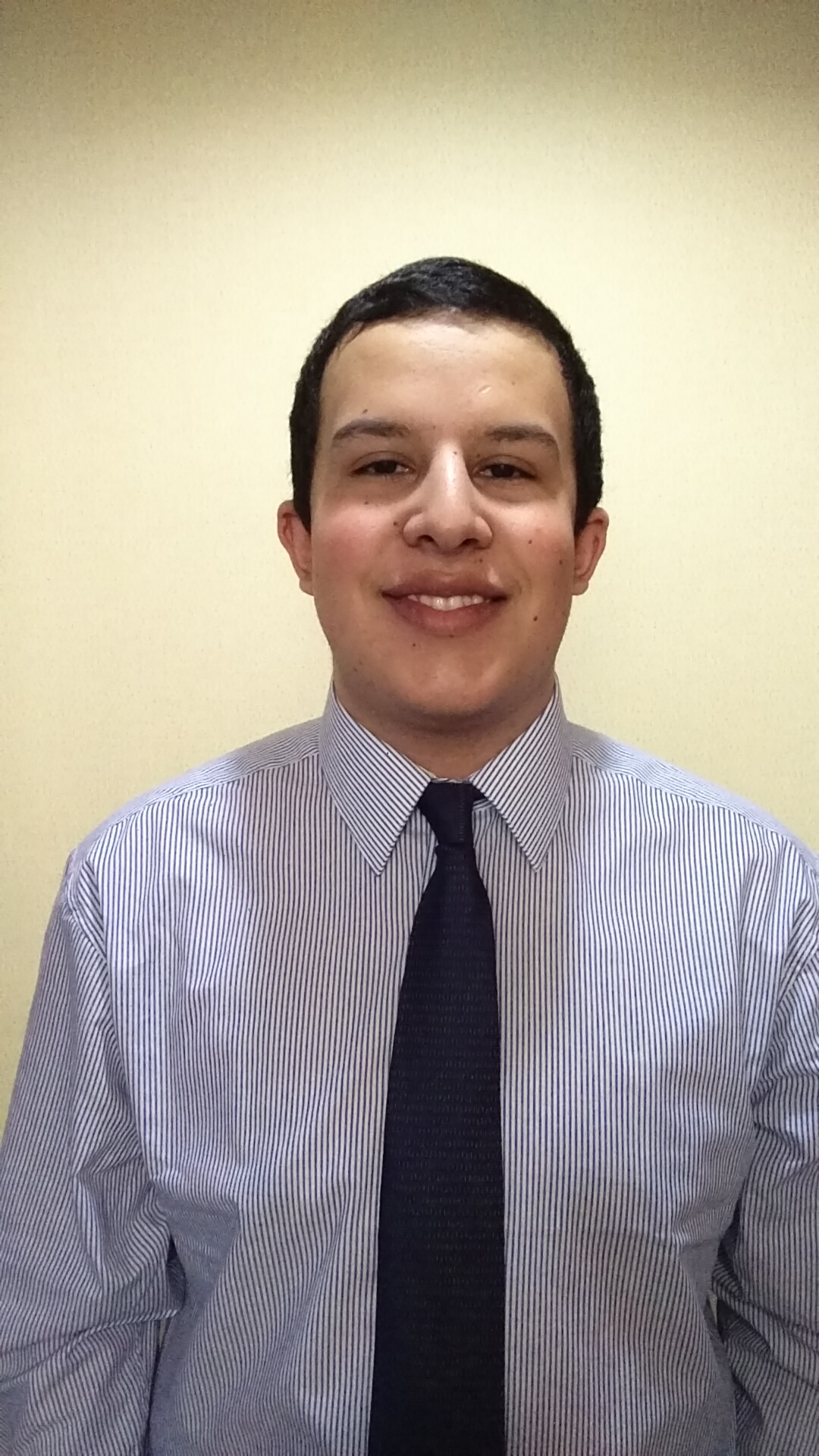
Where are you from?
Salem, Oregon
What was your academic background before coming to the Soc-Org Psych Program at TC?
I hold an M.S.Ed. in Counseling and Mental Health Services from the University of Pennsylvania, and a B.A. in Psychology and Latin American Studies from Willamette University.
Why did you choose the Soc-Org Psych Program at TC?
I chose the Social-Organizational Psychology program at Teachers College because it was the perfect fit for me in terms of academic rigor, the research interests of the faculty, and the inclusive program community. Additionally, the extraordinary amount of support that students receive in pursuing their interests and forging their own path was very appealing. I also loved the fact that the program is located in New York City; in addition to being a wonderful place to live, the city provides innumerable opportunities that complement the program very well.
What are your research interests? Have they changed since you started the program? If so, in what way?
My main interests revolve around the study of diversity in organizations, stereotype threat, organizational change, leadership development, and Latino organizations in the U.S. and Latin America. Most recently, I have become increasingly curious about social networks and organizations.
I am currently working with Dr. Loriann Roberson to study stereotype threat among non-native English speakers.
What is the greatest strength of the Soc-Org Psych Program at TC?
The greatest strength of the program is the immense support and flexibility that students are provided with from day one. Whether it is the faculty, staff, or students, everyone is genuinely invested in helping you thrive. As a student, your most important responsibility is to learn, and every aspect of the program is geared toward that aim.
What career do you intend to pursue when you graduate?
After graduation, I hope to work with organizations to improve workplace conditions and help make the high-quality research being conducted in our field more accessible. I also aspire to teach and conduct research, as well as to one-day work with organizations throughout Latin America.
What internships or jobs have you undertaken since starting the program?
I am currently working for the Executive Masters Program in Change Leadership at Teachers College.
What is your favorite thing about NYC?
My favorite thing about the city is the immense variety of things there are to see, do, and explore here. I have yet to get bored since moving here; you can always find a new restaurant to try, a new bookstore to visit, or a new part of the city to explore.
What are some of your hobbies or favorite ways to spend your free time?
I enjoy traveling, trying new restaurants, spending time with friends, and exploring new places around the city. Lately, finding interesting music to listen to has become one of my preferred ways of relaxing.
Elisabeth Mah
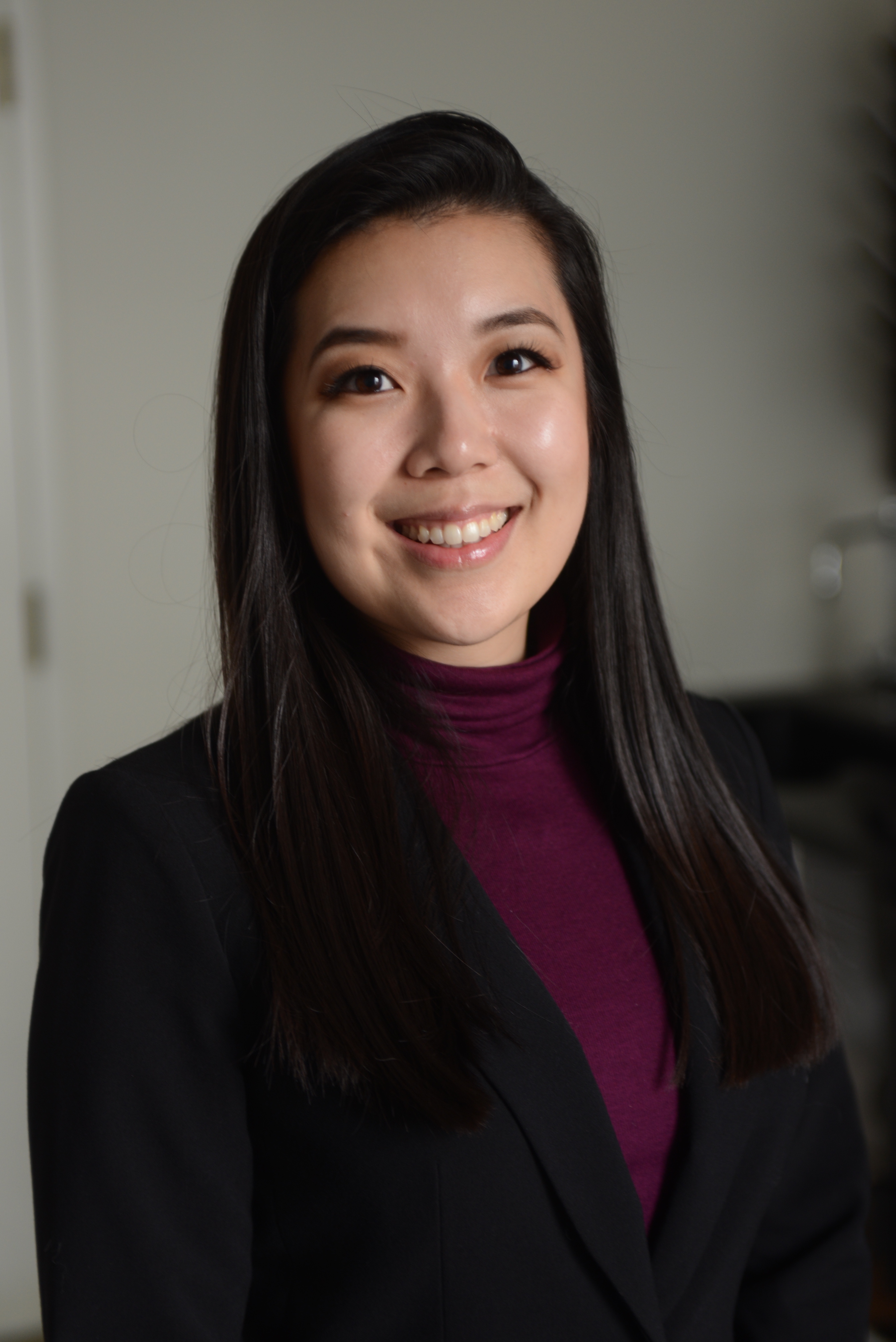
Where are you from?
Newtown, PA
What was your academic background before coming to the Soc-Org Psych Program at TC?
Smith College in Northampton, MA majoring in Psychology and East Asian Studies. Prior to this program, I worked as a research associate in psychology labs at the University of Michigan and Georgetown University.
Why did you choose the Soc-Org Psych Program at TC?
The mission of this program put into words what I always felt was the best of psychology for me: sharing knowledge about our human experience in a way that unlocks new perspectives and enables action! This program embraces science and application in a way that helps me draw patterns confidently across seemingly unrelated areas and bring my whole self to the research or practical engagement.
This program also partners with the United States Military Academy which is an invaluable opportunity to work with military officers and develop frameworks of leadership development in the defense community. Public service is important to me and this program gave me a gateway to engage that pursuit right off the bat.
What are your research interests? Have they changed since you started the program? If so, in what way?
My research interests are broadly related to change, team dynamics, developmental programming like coaching or mentoring, and the extent to which these aspects affect organizational innovation and performance outcomes. Specifically, I’m interested in change management and team decision-making processes. My interests have changed slightly, but I have always kept my core interests in cultural attributes of transitions and personal agency in managing those shifts at the individual identity level and now at the organizational level. So, my interests may have shape-shifted a bit on the outside, but the core “DNA” of my interests remain the same at the heart of people, change, deliberate choice, and values influence.
What is the greatest strength of the Soc-Org Psych Program at TC?
The renowned faculty and freedom to pursue research at the intersection of research and practice. The support of the faculty who exemplify this dual citizenship between science and practice enable experiential learning which is invaluable. They also highly welcome interdisciplinary collaboration with other TC programs, which is enriching.
What career do you intend to pursue when you graduate?
I hope to continue to provide organizational development consultancy within federal agency and continue to teach. Specifically, I hope to be among teams that connect between federal, university, and commercial business partners to stay up-to-date on tech and innovation trends and synthesize learnings between industries.
What internships or jobs have you undertaken since starting the program?
I am currently an adjunct faculty member at Barnard College teaching Organizational Psychology and an Organizational Development consultant at NASA with an Aeronautics research and innovation team. Earlier on in the program, I took practicum courses that enabled me to work with external partners like a major East Coast hospital. This offered a chance to engage in a full round of action research from client contracting to final recommendations.
What is your favorite thing about NYC?
Coffee shops – chains and local shops alike and how accessible they are. I also love that each neighborhood in Manhattan has a unique feel expressed in the architecture, the streets, the shops, the food. You’re never too far away from a great experience.
What are some of your hobbies or favorite ways to spend your free time?
Experiencing the flagship restaurants of some of the best culinary talent in the world, and meeting a surprisingly large number of dogs throughout the city. In cooler weather, they have the best outfits right down to the shoes (the pups and the people, actually).
Anything else you would like to share?
You can reach me at em3280@tc.columbia.edu with any questions.
Julian McNeil
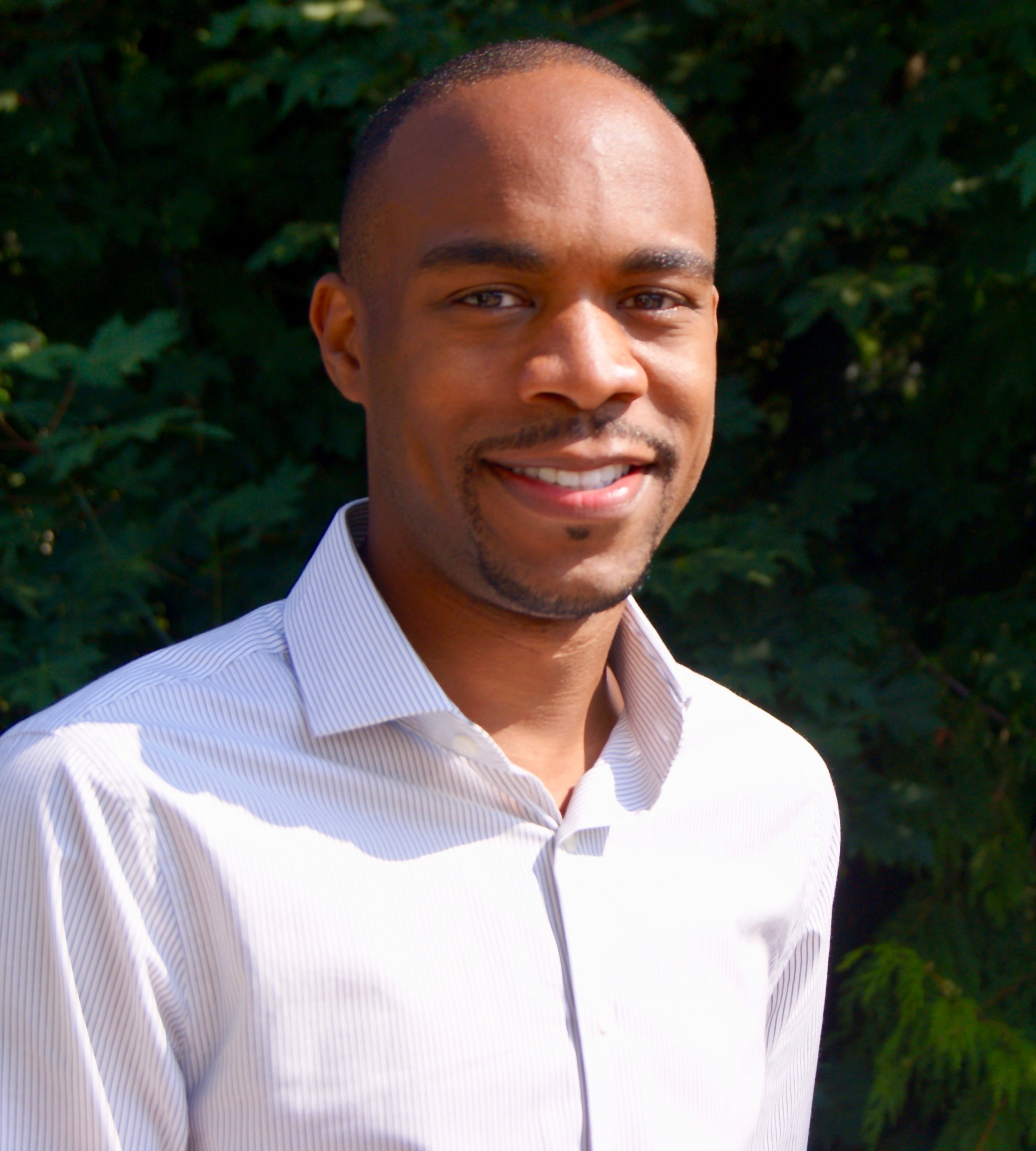
Where are you from?
Boston, Massachusetts
What was your academic background before coming to the Soc-Org Psych Program at TC?
Advanced Studies in Business Essentials, University of Pennsylvania
Master of Science in Education, University of Pennsylvania
Bachelor of Science in Mathematics, Hampton University
Why did you choose the Soc-Org Psych Program at TC?
Four salient attractors led me to enrolling in the program. First, the volume of faculty conducting research and consulting on diversity and inclusion in organizations. Second, the opportunities to engage in cutting-edge interdisciplinary scholarship with academics from across the university. Third, the rigorous training in research methods and applied statistics. And, fourth, the versatility and marketability of graduates on the job market.
What are your research interests? Have they changed since you started the program? If so, in what way?
I am most interested in identifying ways to counteract bias in high-stakes decision making processes, such as the recruitment and selection of employees. Over time, I have become more interested in group-level analysis and intervention. Moreover, I have become interested in using people analytics and artificial intelligence to create targeted interventions and streamline traditional human resource functions.
What is the greatest strength of the Soc-Org Psych Program at TC?
The greatest strength of the program is the collegial and cooperative community of faculty, staff, and students. I always can rely on affiliates of the program to support me academically, emotionally, and socially.
What career do you intend to pursue when you graduate?
I am considering careers in university-level teaching, behavioral science consulting, and/or independent school leadership.
What internships or jobs have you undertaken since starting the program?
During my first year in the program, I served as a residence hall director at Barnard College, where I led a team of seven resident assistants and oversaw a residence hall of nearly three hundred freshmen. I also served as a teaching assistant for The Psychology of Diversity, an online class offered through the Harvard University Division of Continuing Education.
What is your favorite thing about NYC?
The community-based events, such as food festivals and outdoor concerts, that bring together people of all social identities.
What are some of your hobbies or favorite ways to spend your free time?
I love traveling, listening to music, and participating in competitive recreational activities, including bowling, tennis, air hockey, pool, and board games.
Anything else you would like to share?
You can reach me at jam2417@tc.columbia.edu
Lea Lynn Yen

Where are you from?
Fullerton, California
What was your academic background before coming to the Soc-Org Psych Program at TC?
Pomona College (B.A.), Cognitive Science and Linguistics Major, Psychology Concentration
San Francisco State University (M.S.), Industrial-Organizational Psychology
Why did you choose the Soc-Org Psych Program at TC?
While working towards my M.S. in I/O Psychology, I became passionate about issues surrounding multiculturalism and systemic issues surrounding diversity in the workplace. TC’s program emphasizes the importance of a systems-level perspective, which served as a perfect frame for the research that I wanted to pursue. The importance of social justice within the TC community was also a big factor.
What are your research interests? Have they changed since you started the program? If so, in what way?
My research interests are broadly in Diversity, Equity, and Inclusion (DEI) in the workplace and the relation to organizational change and development. While my interests have not changed, joining the program has offered me a more critical and rigorous lens through which I approach the questions of why we do this work, what the work entails, and who does (and does not do) the work.
What is the greatest strength of the Soc-Org Psych Program at TC?
Our program emphasizes the scholar-practitioner model. Our faculty and students have impressive backgrounds in both academia and in the field, and we all have the privilege of learning from each other’s experiences.
What career do you intend to pursue when you graduate?
My passion lies primarily in Organizational Development (OD). As an OD practitioner, my personal mission is two-fold: to make organizations better for the people in them, and to make people better for their organizations.
What internships or jobs have you undertaken since starting the program?
I had been on the Learning & Development Team and HR Business Team at Zuora, an SF/Bay Area-based financial technology organization. I was also on the Field Diversity & Inclusion team at Guardian Life based in New York City. I also work on a freelance basis, taking on DEI trainings and other organizational development work. Lastly, I also assist Dr. Gina Buontempo and Dr. John Handal with the Eisenhower and Benavidez Leader Development Programs, which is a joint venture between TC and the U.S. Military Academy.
What is your favorite thing about NYC?
The endless number of things to do, many of which are free. Some of my favorites are going to small indie artist concerts, biking along the Hudson, the holiday villages at Bryant Park and Union Square, watching New York Liberty women’s basketball, and exercising in Central Park.
What are some of your hobbies or favorite ways to spend your free time?
Being in the pockets of nature in NYC, taking the train north to go hiking around Cold Spring, going to New Jersey to visit my sisters and their cat, and happy hour with friends.
Anything else you would like to share?
You can reach me at lly2109@tc.columbia.edu.
Abigail Johnson
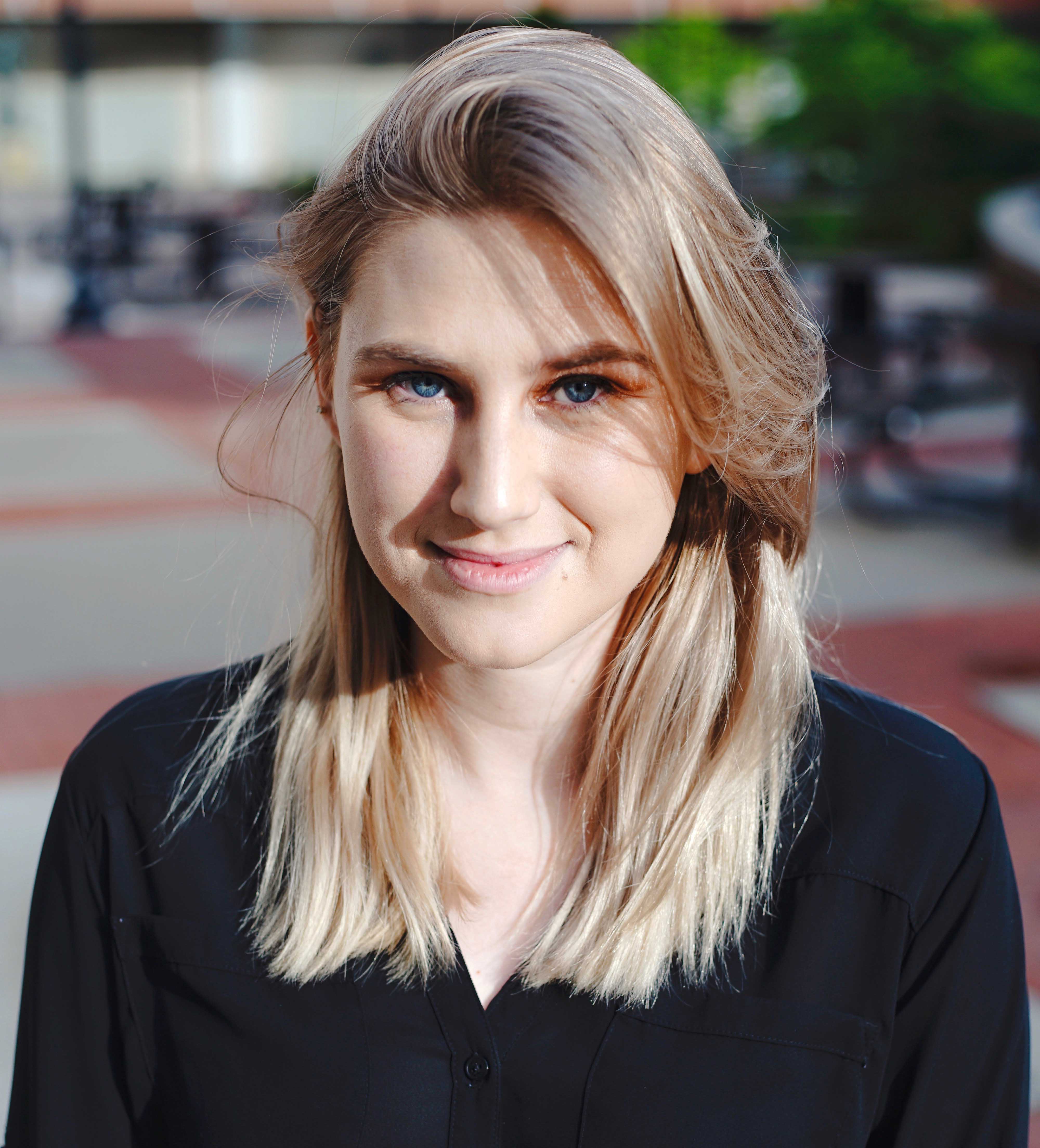
Where are you from?
I’m from southern Illinois, closer to St. Louis, MO than Chicago.
What was your academic background before coming to the Soc-Org Psych Program at TC?
Prior to TC I received my BA in psychology from Oral Roberts University and spent my junior year studying at the University of Oxford. I first came to TC for my MA in Social-Organizational Psychology.
Why did you choose the Soc-Org Psych Program at TC?
I chose the Soc-Org program at TC because of the focus on applied work. At this time I don’t believe I want to go into academia; however, I still wanted to peruse my PhD. I appreciate that this program recognizes the knowledge gained during a PhD can, and should, be transferable to those in industry as well.
What are your research interests? Have they changed since you started the program? If so, in what way?
My research interests include groups and teams, personality assessments, and vocational assessments. I find my interests are continually evolving based on the classes I have and the opportunities that arise to explore certain topics.
What is the greatest strength of the Soc-Org Psych Program at TC?
The faculty, the connections you are able to make, and the systems perspective that is emphasized when considering anything happening within an organization.
What career do you intend to pursue when you graduate?
At this time I know I would like to work within industry, though I have yet to decide how specifically that will look.
What internships or jobs have you undertaken since starting the program?
I haven’t taken up any new internships or jobs since joining the PhD program. But during my MA I interned with Hogan Assessment Systems in their innovation/R&D sector, Mind Gym on their solutions team, and have been working with a personality assessment company called Deeper Signals.
What is your favorite thing about NYC?
My favorite thing about NYC is the energy. It’s palpable and makes me feel like I can do anything I set my mind to.
What are some of your hobbies or favorite ways to spend your free time?
In my free time I enjoy doing yoga, pottery, embroidery, and exploring the city in search of the perfect margarita.
Molly Forgang
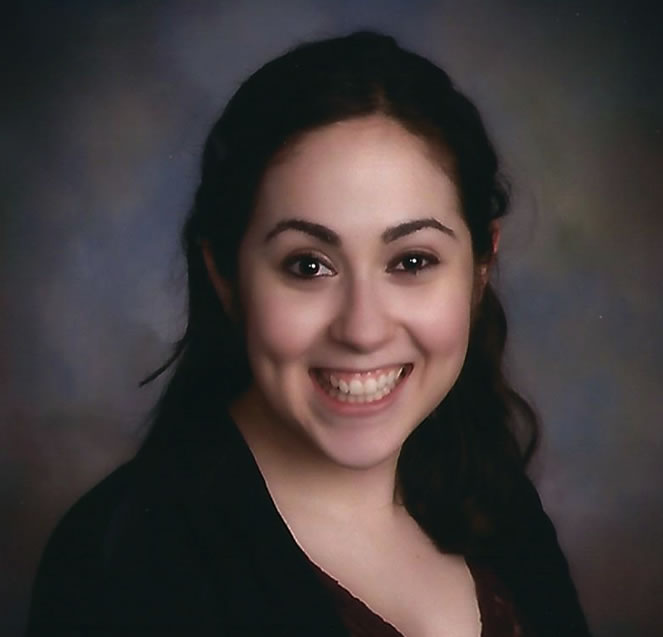
Where are you from?
Westchester, New York
What was your academic background before coming to the Soc-Org Psych Program at TC?
I obtained my B.A. in American Studies and Psychology from Barnard College, Columbia University in 2015. I then worked in leadership consulting at Russell Reynolds Associates, a global executive search and leadership advisory firm.
Why did you choose the Soc-Org Psych Program at TC?
I was drawn to the program for two reasons–the genuine embrace of the science-practitioner model and the dual focus on social and organizational psychology. From my undergraduate studies, I developed a deep appreciation for interdisciplinary research and its value in academic and scientific discourse. By focusing on both social and organizational psychology, the program enables students to gain a more nuanced understanding of social dynamics in the workplace and contribute more multi-dimensional research to the field.
What are your research interests? Have they changed since you started the program? If so, in what way?
My research interests are diversity, equity, and inclusion (DEI) and leadership, and specifically how to inform evidence-based practice in this area. While I knew I wanted to explore these topics since I first applied to the program, I now have a much deeper understanding of how they fit together to drive organizational life. The program's emphasis on systems thinking, organizational development and change, and group dynamics have really shaped my research. I am currently exploring how emotional intelligence might serve as an antecedent of inclusive leadership.
What is the greatest strength of the Soc-Org Psych Program at TC?
Beyond the aspects that initially drew me to the program, I think the greatest strength is the wonderful community of engaged and supportive faculty, students, and staff members.
What career do you intend to pursue when you graduate?
I hope to use my degree in an applied setting, whether in consulting or at a large organization in a talent management function.
What internships or jobs have you undertaken since starting the program?
I am proud to have served as the Doctoral Liaison for the program since Fall 2020. Last summer, I interned with the Global People Development team at Colgate-Palmolive. I have also assisted with some large advisory projects at Russell Reynolds.
What is your favorite thing about NYC?
All of the arts and culture! I did theatre for most of my life, so I love the vibrant performing arts community and the endless opportunities to see shows!
What are some of your hobbies or favorite ways to spend your free time?
Well definitely seeing shows, but also cooking, exploring new restaurants, and going on adventures with my dog, Teddy!
Angelica Leon
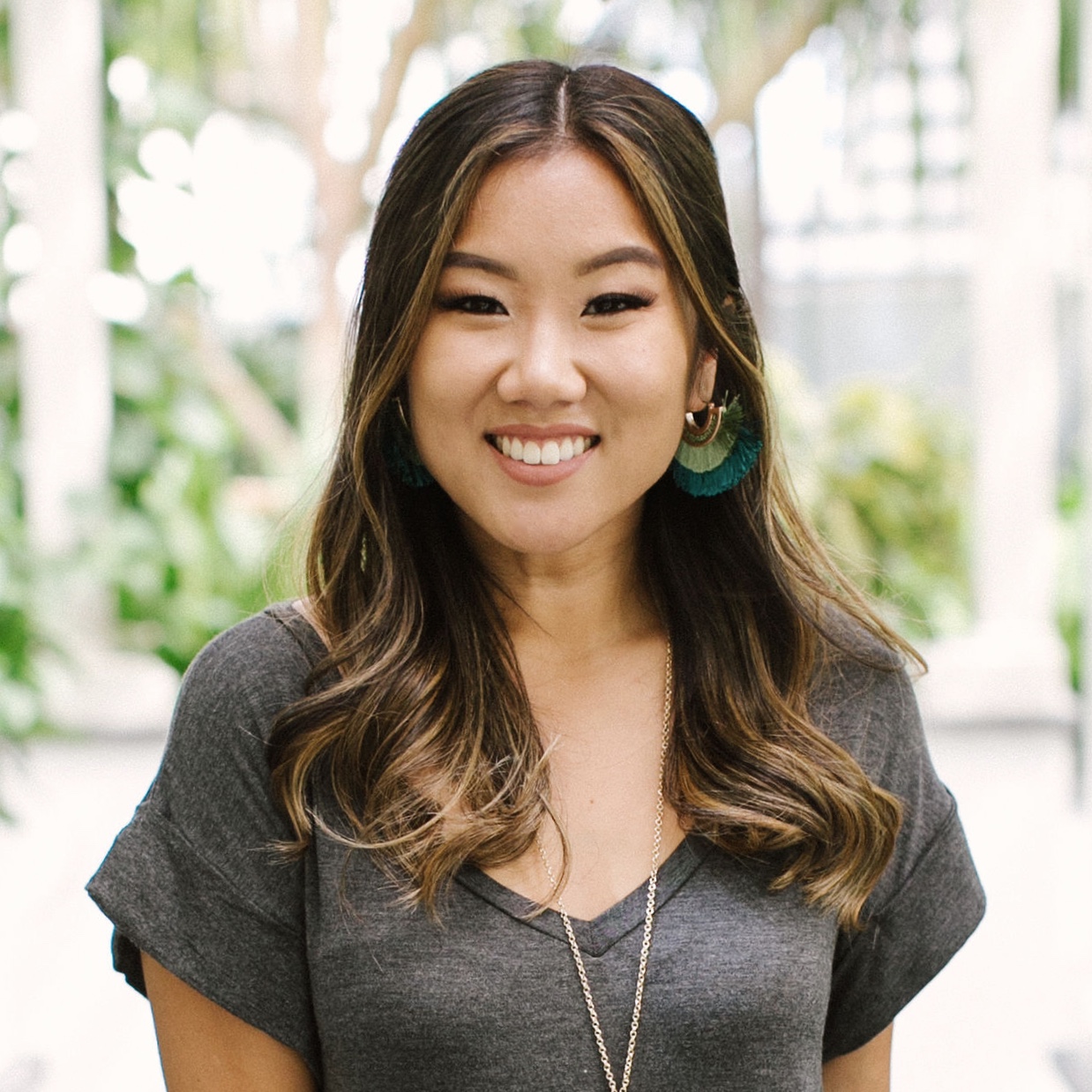
Where are you from?
NYC! I grew up in Chelsea (Manhattan).
What was your academic background before coming to the Soc-Org Psych Program at TC?
I have a BA in Psychology from Barnard College. After graduating, I worked at Citi in Executive Recruiting. More recently, I was part of the Intergroup Social Perception Lab conducting social psychology research at the University of Hawaii-Manoa. There, my primary project examined the role of confrontation and how it impacts the perceptions of racial discrimination.
Why did you choose the Soc-Org Psych Program at TC?
TC’s program always stood out to me. I was attracted to its unique integration of social and organizational psychology and the scientist-practitioner model. Above all, I was drawn to the facultys' research, which strongly aligned with my own interests.
What are your research interests? Have they changed since you started the program? If so, in what way?
My current research revolves around perceptions of inclusive leadership behaviors, specifically as they relate to gender and leader stereotypes. More broadly, I'm interested in diversity, equity, and inclusion, people analytics, leadership, and group dynamics. My interests continue to evolve as I gain experience working with different faculty, and through my internships and coursework.
What is the greatest strength of the Soc-Org Psych Program at TC?
Beyond the reasons that drew me to the program, the cohesive community that extends from faculty to staff to students is a key strength. I also appreciate the program's distinct focus on evidence-based practice and systems-thinking, and its commitment to social justice and DEI work.
What career do you intend to pursue when you graduate?
I hope to leverage my degree in both applied and academic settings (e.g., internal or consulting organizational science work, in tandem with adjunct teaching). In fact, I was first introduced to our field by a professor from this program when I was an undergrad, and I look forward to the possibility of having the same impact on future students.
What internships or jobs have you undertaken since starting the program?
This summer, I joined NASA as a Human Resources Ph.D. Intern where I focused on change management and organizational development work.
What is your favorite thing about NYC?
The fact that there’s always something to do at any hour of the day!
What are some of your hobbies or favorite ways to spend your free time?
Since I spent the last few years living in Hawaii, I became an avid hiker, runner, and beach bum. In the city, I enjoy exploring new areas and restaurants with friends and family.
Ramya Kumar
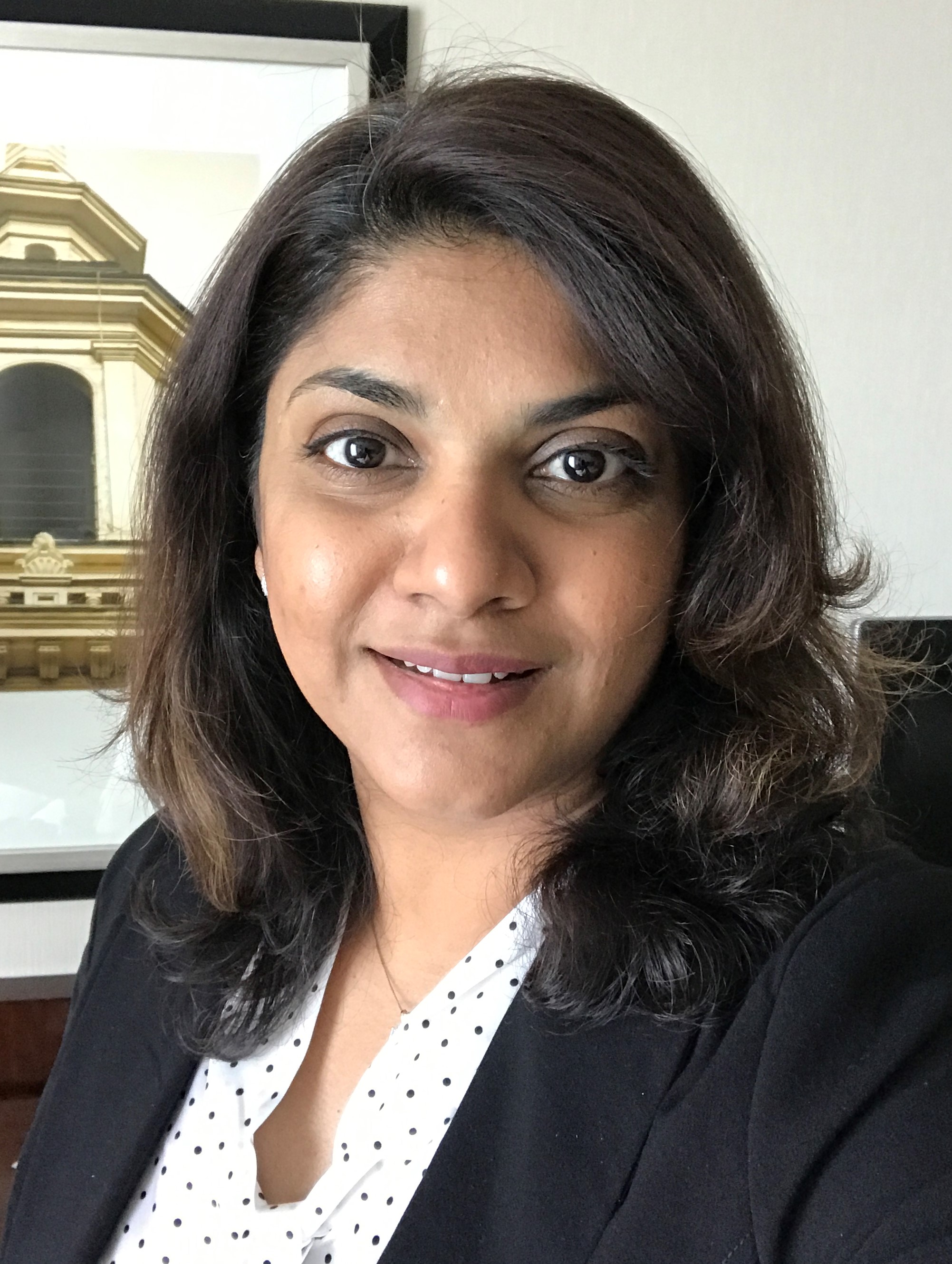
Where are you from?
Acton, Massachusetts. I grew up in Chennai, India.
What was your academic background before coming to the Soc-Org Psych Program at TC?
I have an MS in Organizational Dynamics (MSOD) from the University of Pennsylvania; a Postgraduate Diploma in Human Resources Management from Loyola Institute of Business Administration, Chennai; and a Bachelor of Commerce from Meenakshi College, Chennai.
Why did you choose the Soc-Org Psych Program at TC?
The program’s goal of developing scientist-practitioners and strong focus on both research and practice is perfectly in alignment with my objective of developing a strong knowledge in theoretical concepts, building basic and applied research expertise, and applying social psychology to solve organizational issues. Also, the program offers a unique integration of social and organizational psychology and an interdisciplinary curriculum encompassing my key research interest areas.
What are your research interests? Have they changed since you started the program? If so, in what way?
My main research interests are organizational development and change, leadership, and group processes. I will be particularly excited to research leading and managing organizational change in an increasingly complex world with rapidly changing workplaces and diverse, global workgroups.
What is the greatest strength of the Soc-Org Psych Program at TC?
The program’s unique scientist-practitioner model, eminent faculty members, and opportunities to engage in basic and applied research, and to practice it in applied settings during the program.
What career do you intend to pursue when you graduate?
I hope to advance my career in organizational development consulting and applied research. I also aspire to teach.
What is your favorite thing about NYC?
The rich diversity, networking opportunities, and endless food and entertainment options!
Lan Phan
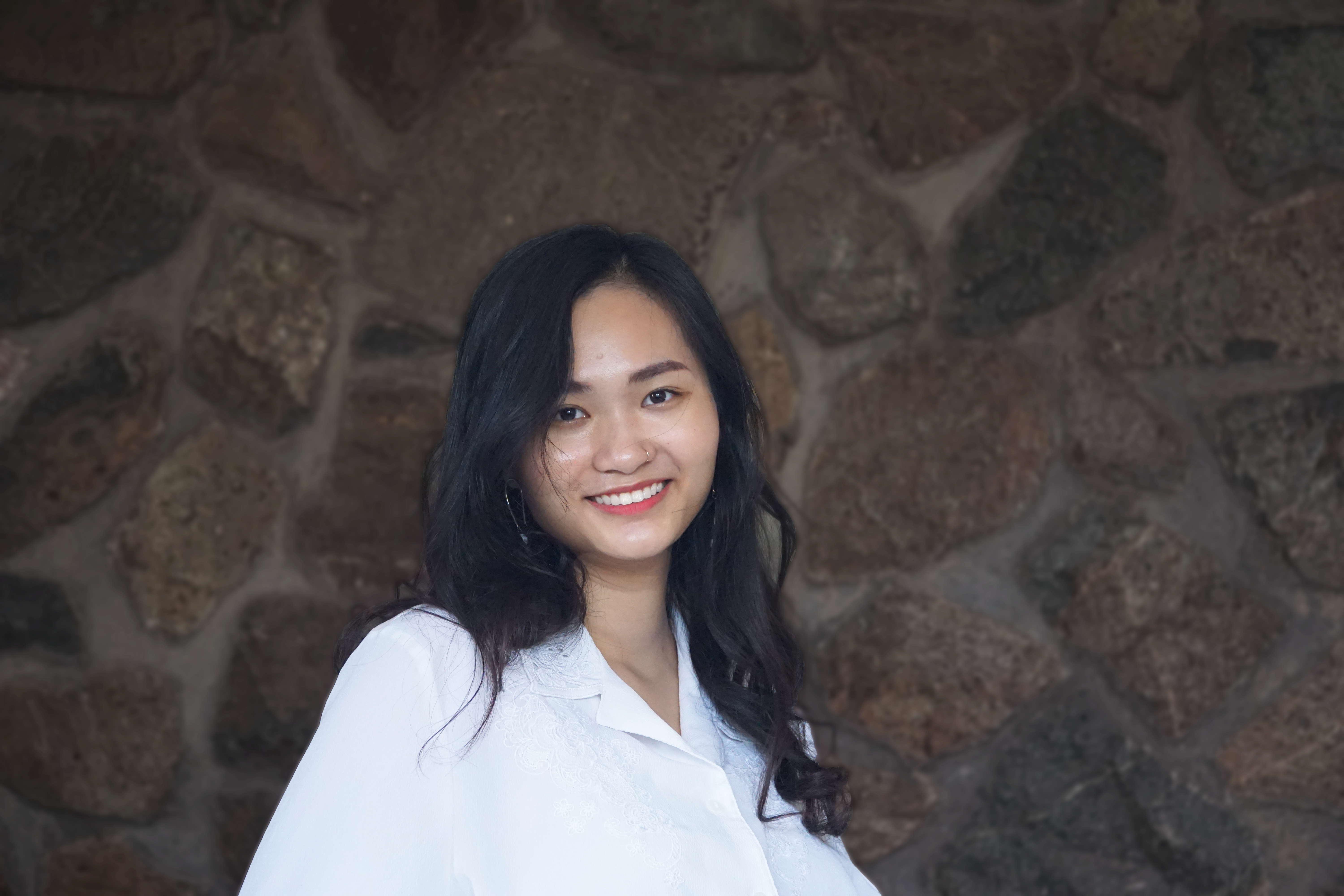
Where are you from?
Hanoi, Vietnam
What was your academic background before coming to the Soc-Org Psych Program at TC?
I received my Bachelor of Arts in Human Development & Social Relations and Global Management from Earlham College.
Why did you choose the Soc-Org Psych Program at TC?
Compared to other Industrial-Organizational Psychology programs, the Social-Org Psych at TC focuses less on capitalistic values and instead tackles diversity and social issues within organizations.
What are your research interests? Have they changed since you started the program? If so, in what way?
Currently, my research focus is on cross-cultural conflict resolution. With the guidance of the faculty, I have been able to navigate the wide topic of power dynamics in conflicts.
What is the greatest strength of the Soc-Org Psych Program at TC?
I am inspired by our faculty, staff, and other doctoral students who foster a collaborative work environment. Having a supportive community with people who also challenge me intellectually is key to the Ph.D. experience.
What career do you intend to pursue when you graduate?
I hope to become a professor one day, but I might work in the field during my studies.
What internships or jobs have you undertaken since starting the program?
For the summer of 2020, I worked as the Regional Community Outreach Intern for Columbia Global Centers | Tunis while preparing to enter the SOP program at TC. Throughout Spring and Summer 2021, I led research and projects on the U.S. political divide, racial justice, and truth and reconciliation at Millions of Conversations.
What is your favorite thing about NYC?
I love the ways NYC allows me to simultaneously stay exposed and hidden, feel big and small, and be independent and have a community.
What are some of your hobbies or favorite ways to spend your free time?
I enjoy filming and editing videos in my free time!
Gian Zlupko
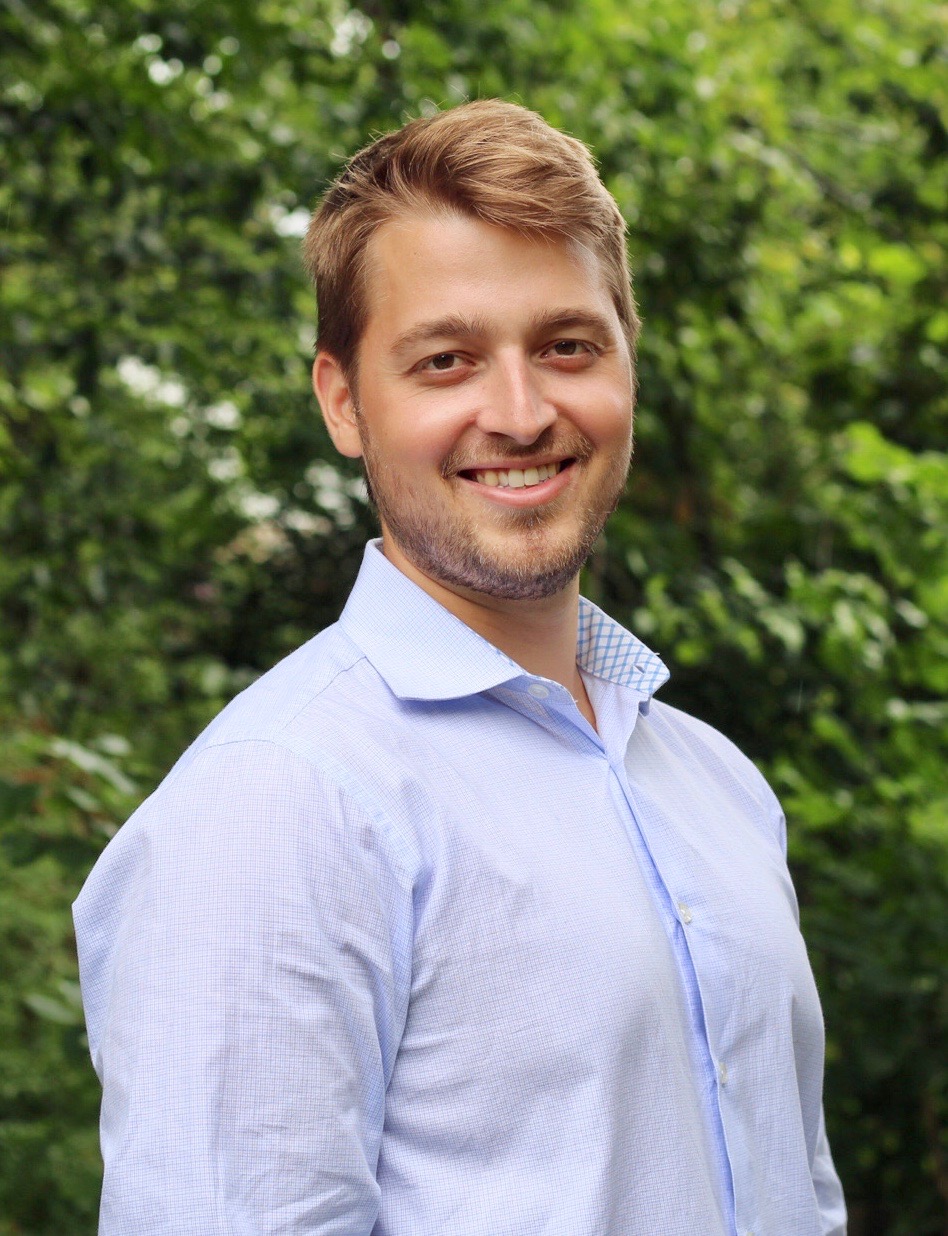
Where are you from?
Wilmington, DE
What was your academic background before coming to the Soc-Org Psych Program at TC?
I earned a BA in cognitive science from Franklin & Marshall College and an MSW from the University of Pennsylvania with a focus in social policy.
Why did you choose the Soc-Org Psych Program at TC?
I found a great fit in the Soc-Org Psychology Program at TC for a few reasons. First, I was drawn to the program’s dual emphasis on research and practice. In addition, the curriculum’s attention to multiple levels of organizational analysis was attractive to me. Finally, TC’s commitment to social policy research embodied the academic environment that I was hoping to join.
What are your research interests? Have they changed since you started the program? If so, in what way?
I am involved in two active areas of research at this time. In one stream of research, I am working with colleagues to validate a measure of employee behaviors with specific applications to changing workplace environments. For this research, I am engaged in the literature on employee motivation and prosocial behaviors. On a separate project, my research is methodological in scope with a focus on the application of text mining in organizational research. Related to this project, I am primarily engaged with research topics in measurement and natural language processing.
Since joining the Ph.D. program, my research interests have evolved to focus most closely on theories in motivation. That being said, throughout my time in the program, I have remained continually interested in the application of computational methods for research and practice.
What is the greatest strength of the Soc-Org Psych Program at TC?
I enjoy the program’s research-practitioner model. I am drawn to working at the intersection of research and practice and I appreciate the multiple ways in which the SOP program prepares students to become scientist-practitioners.
What career do you intend to pursue when you graduate?
Currently, I am interested in pursuing roles in people analytics, data science, or applied research in industry. Later in my career, I would be open to returning to academia.
What internships or jobs have you undertaken since starting the program?
I’ve held two internships at NASA since starting the program. During my first internship, I supported their organizational development team and focused on developing metrics to assess organizational culture. In my second internship, I worked for NASA’ s people analytics function and focused on the application of text mining in survey research.
What is your favorite thing about NYC?
I love exploring NYC’s neighborhoods in search of amazing food.
What are some of your hobbies or favorite ways to spend your free time?
When I’m not off on food related adventures, I enjoy exploring the city by bike and going to concerts. Outside of the city, I love to go skiing and hiking.
Katrina Monton
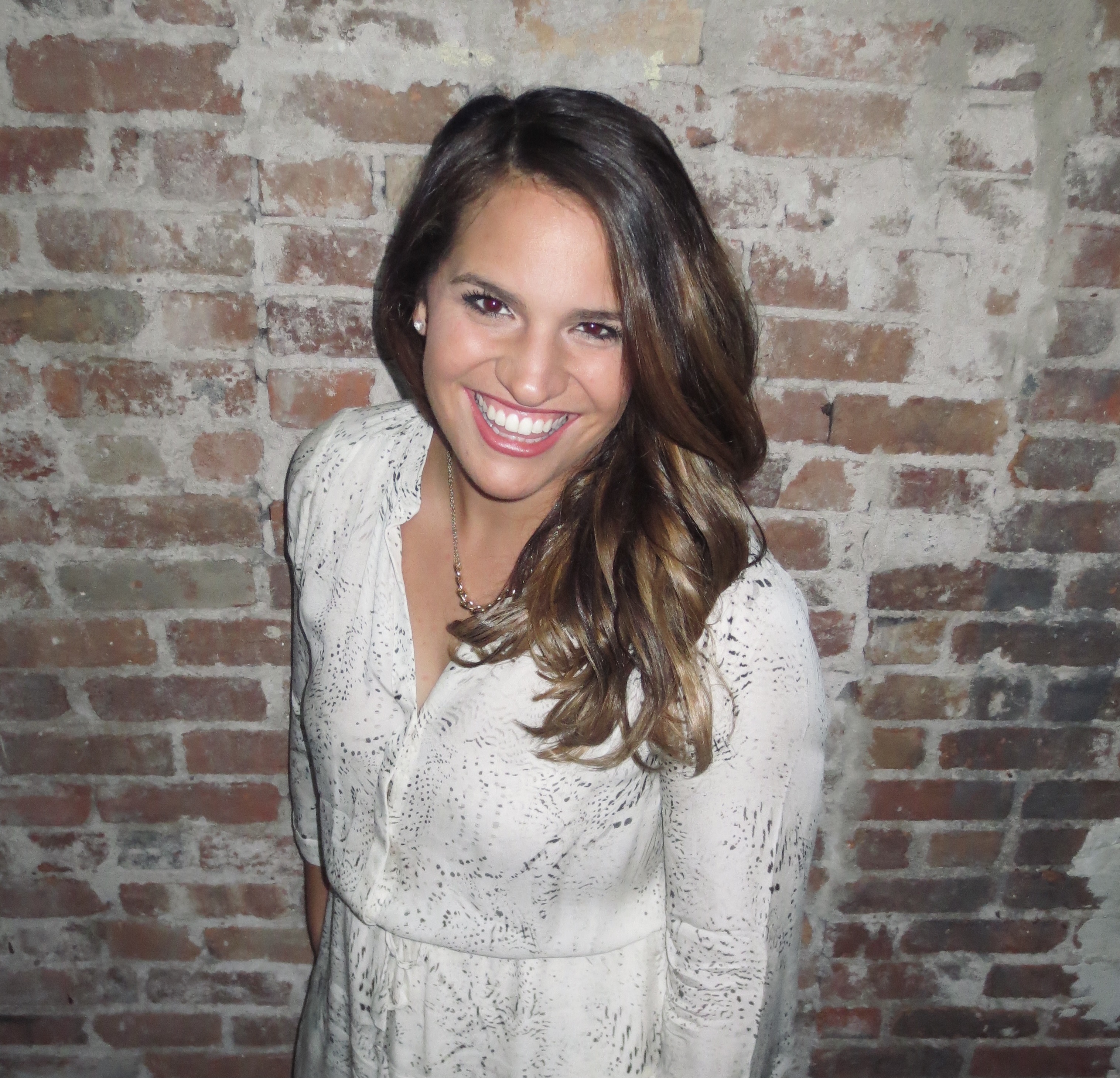
Where are you from?
Montreal, Canada
What was your academic background before coming to the Soc-Org Psych Program at TC?
Prior to pursuing graduate studies, I was a professional athlete on the Canadian Women’s National Water Polo team for a decade, competing in five Aquatic World Championships, two Pan American Games, and countless tournaments at the national and international level. Following my retirement from team Canada, I completed an MA in Counselling Psychology at McGill University and worked as a clinical counselor.
Why did you choose the Soc-Org Psych Program at TC?
I chose TC because of its diverse student population and emphasis on social justice.
What are your research interests? Have they changed since you started the program? If so, in what way?
During my time at TC, Columbia University, I have become passionate about the intersection between social justice and sport. My current research endeavor involves combining my athletic and academic interests to explore the impact of organizational culture on athlete safety, well-being and performance.
What is the greatest strength of the Soc-Org Psych Program at TC?
The community at Tc is the greatest strength of the program. It is supportive, diverse, thought-provoking and caring in all the right ways. It has allowed me to not only find my unique pathway, but also has enabled me to engage in research in a collaborative, fun and engaging way.
What career do you intend to pursue when you graduate?
I am passionate about cultivating safe, equitable and inclusive environments. I hope to one day have a consulting practice where I am able to do just that.
What internships or jobs have you undertaken since starting the program?
Last summer, I was a program associate at the US Center for Safe Sport, where I worked with the Education and Outreach team assisting with the development and evaluation of content to support training programs related to safety, inclusion, and equity for all Olympic, Paralympic, Pan American, and Para Pan American sports in the United States.
What is your favorite thing about NYC?
The restaurants! As a foodie, it is fun to be able to explore all of the different restaurants that NY has to offer.
What are some of your hobbies or favorite ways to spend your free time?
I love to go for walks in Riverside Park, it has been especially nice this fall, with all of the leaves changing colors. As well, coming from Canada where we don’t have Trader Joes, it has been fun to discuss my new TJ finds with friends and swap recipes!
Anything else you would like to share?
I feel so grateful to be a part of the TC Community, where I have already grown tremendously.
Yael Silverstein
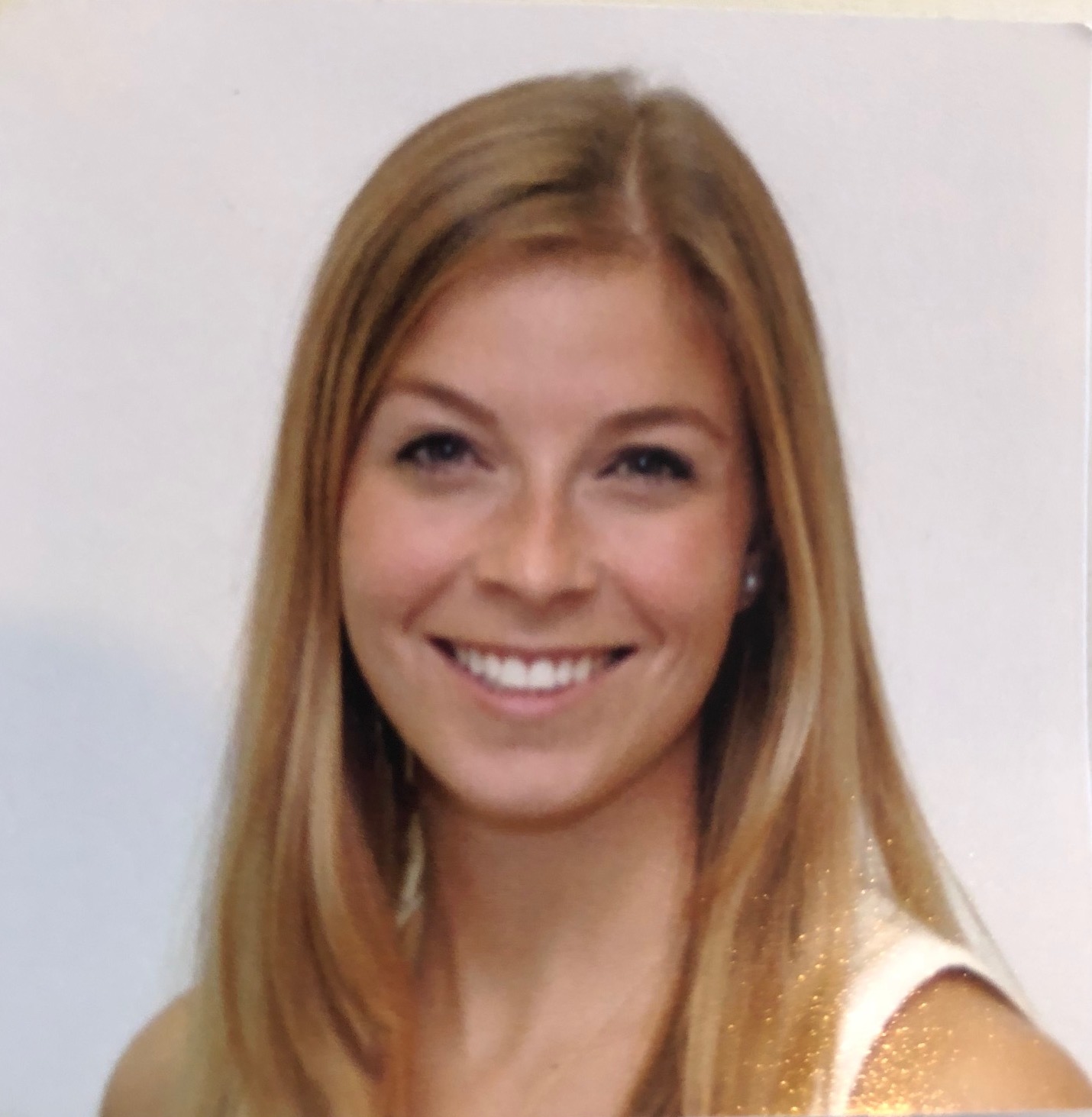
Where are you from?
Massachusetts
What was your academic background before coming to the Soc-Org Psych Program at TC?
MBA from Columbia Business School; BA in English from Barnard College, Columbia University; BA in Bible from The Jewish Theological Seminary
Why did you choose the Soc-Org Psych Program at TC?
The multidisciplinary approach and the dual focus on theory and practice
What are your research interests? Have they changed since you started the program? If so, in what way?
I am interested in how cognitive biases impact organizational processes such as hiring and performance evaluations.
Zoë Troxell Whitman

Where are you from?
Burnt Ranch, California
What was your academic background before coming to the Soc-Org Psych Program at TC?
I have an undergraduate degree in psychology with an emphasis in developmental psychology from Reed College in Portland, Oregon. I then went on to a masters in applied social psychology at the University of London Royal Holloway in the UK. Outside of the classroom, I have worked both in the nonprofit world and as a consultant on topics of diversity and disability in research and applied practice.
Why did you choose the Soc-Org Psych Program at TC?
The program had been of great interest to me for quite some time before applying. I was really drawn to the specific course content outlined, as well as the unique emphasis on scientist-practitioner duality.
What are your research interests? Have they changed since you started the program? If so, in what way?
Across research and practice I am interested in centering the experiences of historically under-researched demographics within organizational space. I am currently focused on the strengths and shortcomings in diversity, equity, inclusion and accessibility practices within workplace and education-based organizations, with a particular eye towards disability.
What is the greatest strength of the Soc-Org Psych Program at TC?
Compared with other programs working in the same area of interest, TC really focuses on the social psychology aspects of organizational work. This particularly unique approach aligned well with my interests. Additionally, the social psychology focus lends itself to a great deal of social justice and diversity, inclusion and equity work, which can be seen in research within the program.
What career do you intend to pursue when you graduate?
As I am a first-year, I am sure time in the program will refine and shape these goals. I hope to use my doctorate in both applied and academic capacities. Generally, I hope to work in the DEIA space with a focus on disability as a consultant, primarily within educational institutions. Additionally, I would like to teach and advise students at some level.
What internships or jobs have you undertaken since starting the program?
As I am a first year in my first semester, I have not taken the opportunity up quite yet.
What is your favorite thing about NYC?
The constant opportunities to eat, learn and explore!
What are some of your hobbies or favorite ways to spend your free time?
I am an avid Argentinian tango dancer, so in non-Covid times you’ll often find me teaching and dancing tango across the city. In more recent times I truly enjoy exploring and eating my way through the Burroughs!
Nicole M. Borunda
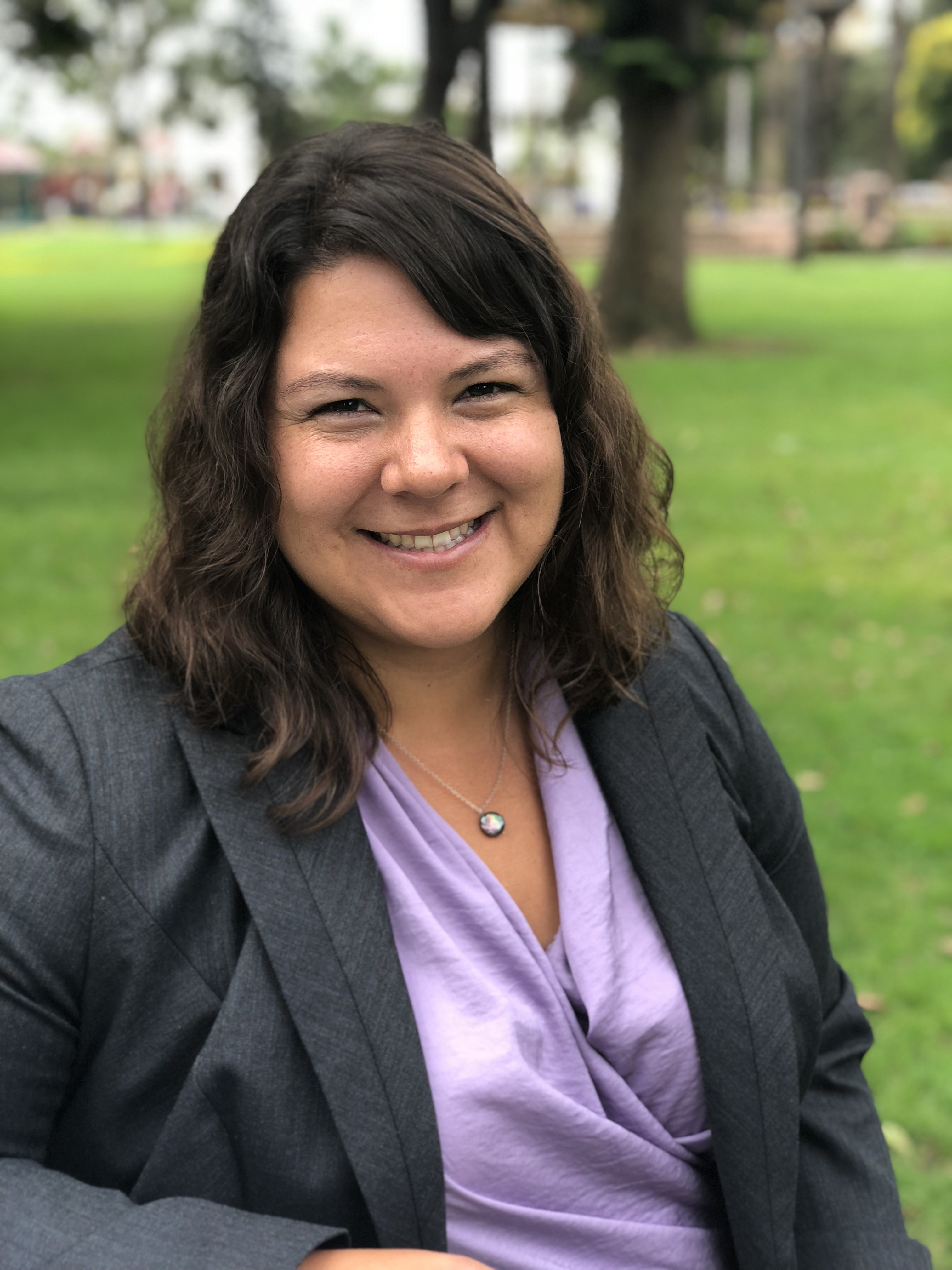
Where are you from?
The traditional lands of the Kumeyaay Nation.
What was your academic background before coming to the Soc-Org Psych Program at TC?
I attended Bowdoin College where I double majored in psychology and English and minored in teaching. I received my master’s degree in nonprofit leadership and management from the University of San Diego.
Why did you choose the Soc-Org Psych Program at TC?
I wanted to pursue my doctoral studies in a scientist-practitioner program among colleagues who shared my commitment to advancing social justice.
What are your research interests? Have they changed since you started the program? If so, in what way?
I seek to create a world with more joy and justice. As a researcher, I am interested in understanding the complex barriers to social justice and developing practical applications to tackle humanity's greatest challenges.
I entered the program primarily interested in the dissonance experienced at the individual, group and organizational levels when an organization explicitly dedicated to social justice struggles to address the ways they replicate systems of oppression. In the liminality of my first semester with my work group, I have been grateful for the opportunity to expand my research interests. As is the blessing and curse of a researcher, I find myself with many more questions than answers.
What is the greatest strength of the Soc-Org Psych Program at TC?
The people, of course! It’s true, this is a unique and rigorous academic program that prepares professionals to lead whatever path they take. But when asked, “Why did you choose TC over other opportunities?” I always lead with the brilliant, kind, supportive people who drew me here and keep me going.
What career do you intend to pursue when you graduate?
I aim to become a professor so I may continue my research and teach, two endeavors I greatly enjoy.
What is your favorite thing about NYC?
My favorite thing about NYC is that every day is different. Anything can happen!
What are some of your hobbies or favorite ways to spend your free time?
Depending on the season, you might find me training for a triathlon, writing, drawing, or spending significant time observing silence. I’m a perennial volunteer/organizer with LGBTQ+ and mutual aid organizations in the various places I call home.
Anything else you would like to share?
Please feel free to reach out to me if you’d like to talk about research, social justice, healing justice, group relations, LGBTQIA+ life, or the happenings at the Morton-Deutsch International Center for Cooperation and Conflict Resolution (MD-ICCCR).
Alexandria Frank
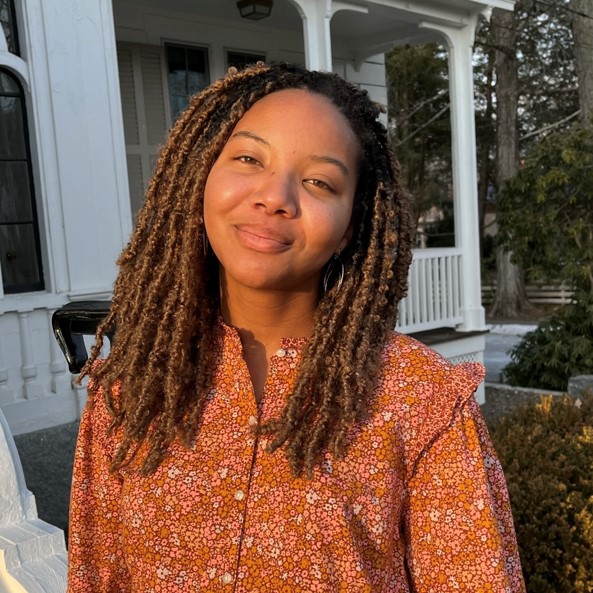
Where are you from?
Corona, CA
What was your academic background before coming to the Soc-Org Psych Program at TC?
I obtained a Bachelor of Science in Psychology from Howard University.
Why did you choose the Soc-Org Psych Program at TC?
I was really drawn to the systems perspective which incorporated person and environment in our study of organizations. The work students were doing here felt novel, and, after all my interactions with folks in the program, I felt a true sense of kindness and community.
What are your research interests? Have they changed since you started the program? If so, in what way?
I am interested in health and wellbeing in the workplace, particularly for marginalized groups and individuals. I am interested in the impact of discourse, narrative, and meaning-making on the behavior and experience of those who experience oppression in organizations.
What is the greatest strength of the Soc-Org Psych Program at TC?
Not to be corny, but it’s definitely the people. People are welcoming, willing to learn, and committed to their crafts in a way that’s inspiring.
What career do you intend to pursue when you graduate?
I am interested in doing organizational research and analytics within an organization.
What is your favorite thing about NYC?
I love being so close to extended family and having access to food and concerts.
What are some of your hobbies or favorite ways to spend your free time?
Eating food, going to shows/concerts, knitting (which I picked up this month), and talking to my family on FaceTime.
Prachi Pathak
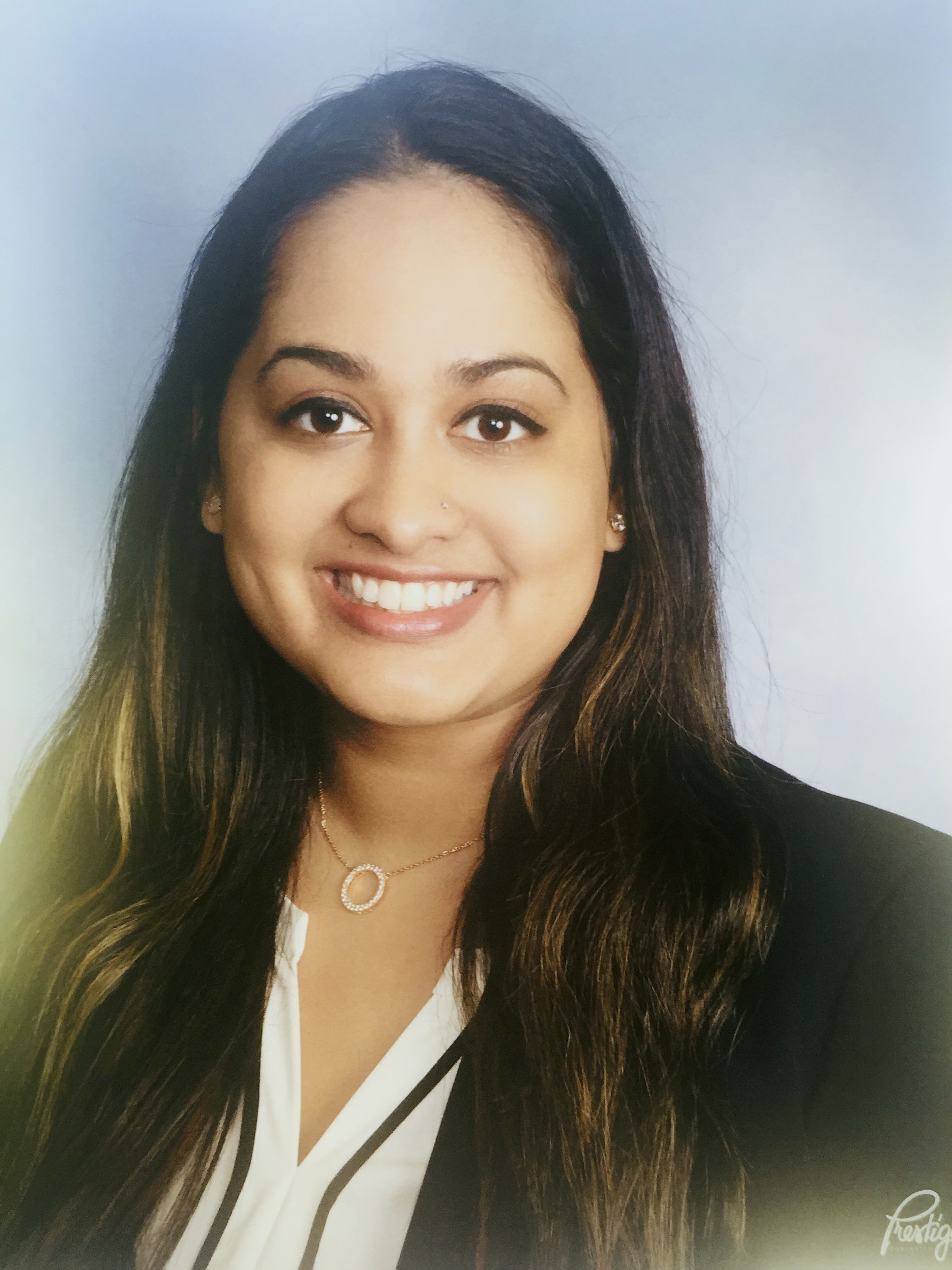
Where are you from?
Hasbrouck Heights, New Jersey
What was your academic background before coming to the Soc-Org Psych Program at TC?
I received a B.S. degree in Biology from the University of the Sciences, and a M.S. in Experimental Psychology and Data Analytics from Seton Hall University.
Why did you choose the Soc-Org Psych Program at TC?
TC’s program stood out to me for several reasons. With their emphasis on a scientist-practitioner model, as well as their commitment to advancing psychological research rooted in Social Psychology, I knew this was the right place for me. Similarly, the faculty research interests greatly aligned with my own, altogether, hosting the perfect environment for academic rigor and excellence.
What are your research interests? Have they changed since you started the program? If so, in what way?
I am primarily interested in decision-science, motivation, and goal-pursuit in relation to organizational performance. I am also interested in the cross-cultural nature of this work, along with diversity, equity, and inclusivity initiatives that are intertwined within decision-making and social identity.
What is the greatest strength of the Soc-Org Psych Program at TC?
The wonderful community. This is truly an environment where your peers, faculty members, and staff support one another, and the potential for growth is innumerable.
What career do you intend to pursue when you graduate?
Currently, I am interested in roles emphasizing organizational development, people analytics/ data analytics, and management consulting. I also aspire to be a professor.
What is your favorite thing about NYC?
Can’t pinpoint one favorite thing about the city, there are so many! The people, the culture, the food (of course), and city life as it is.
What are some of your hobbies or favorite ways to spend your free time?
Spending time with friends and family, traveling, discovering new places in the city (especially restaurants), cooking, reading, and spiritual activities. Also, when I get the chance, brush up on my singing skills!
Yanni Gacopoulos

Where are you from?
Athens, Greece
What was your academic background before coming to the Soc-Org Psych Program at TC?
I received a B.A. degree in Psychology from Panteion University, a M.A. in Industrial/Organizational Psychology from Fairfield University, and a M.A. in Social-Organizational Psychology from Teachers College, Columbia University.
Why did you choose the Soc-Org Psych Program at TC?
I chose the S-OP Program at TC because of its emphasis on research and practice, its focus on Social Psychology, and, of course, the program’s faculty.
What are your research interests? Have they changed since you started the program? If so, in what way?
Diversity dynamics in the workplace as well as gender stereotypes and stereotype threat.
What is the greatest strength of the Soc-Org Psych Program at TC?
What sets the S-OP Program at TC apart is the welcoming community of faculty, staff, and students fostering an inclusive and safe environment.
What career do you intend to pursue when you graduate?
I would like to pursue research within a large organization.
What is your favorite thing about NYC?
NYC’s energy, people, culture, and diversity.
What are some of your hobbies or favorite ways to spend your free time?
Baking, running, and DIY projects.
Pedro Franco
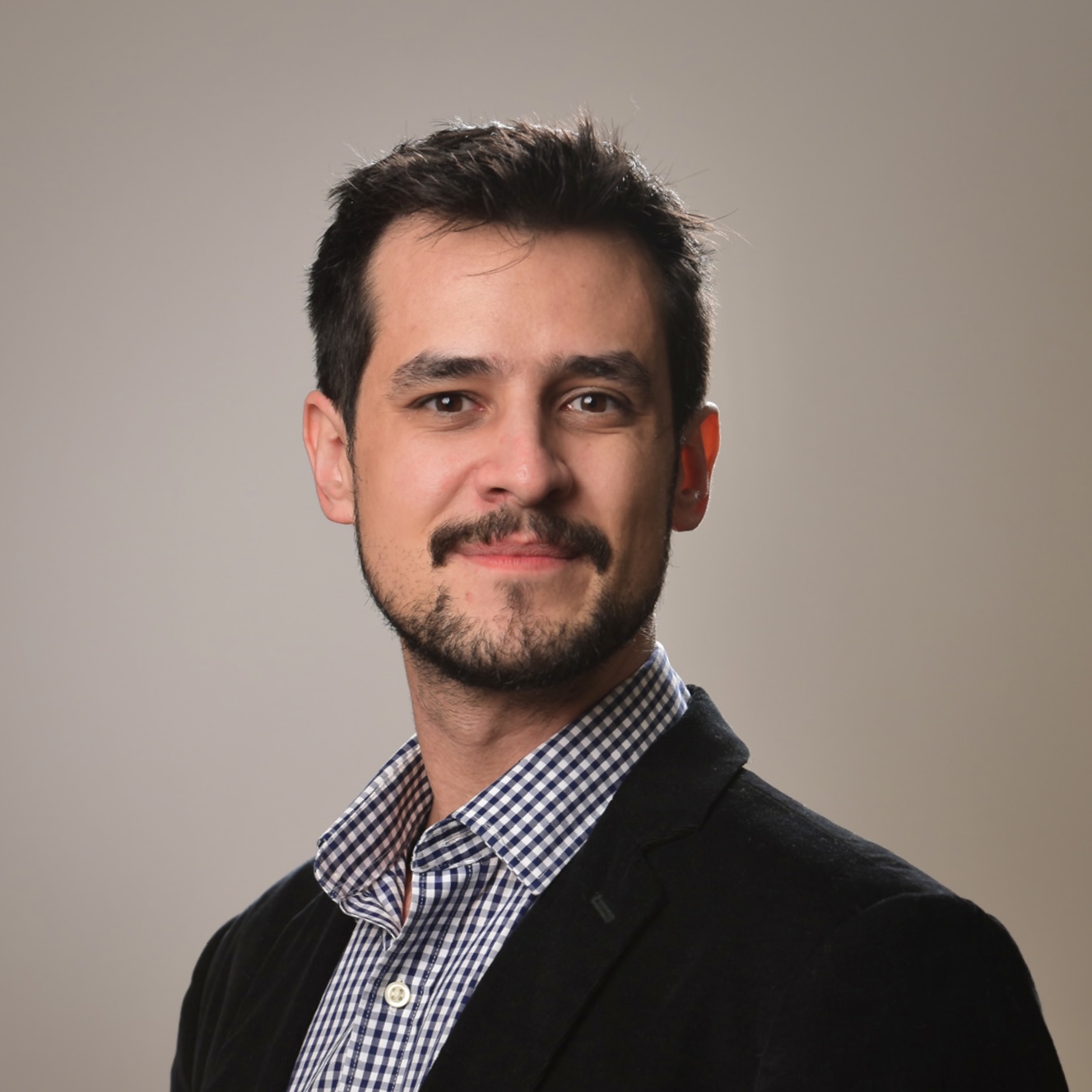
Where are you from?
Raised and lived my whole life in Rio de Janeiro, Brazil - but dual citizen due to the fact I was born in Boston.
What was your academic background before coming to the Soc-Org Psych Program at TC?
I have a BA in Media Studies specializing in film and an MA in Intellectual History with a focus on political philosophy and the history of religion, both from the Pontifical Catholic University of Rio de Janeiro. I also earned an MA from NYU in Interdisciplinary Studies with a focus on psychology and education.
Why did you choose the Soc-Org Psych Program at TC?
The cutting-edge work, in both research and practice, in the field of cooperation and conflict resolution.
What are your research interests? Have they changed since you started the program? If so, in what way?
I’m interested in toxic political polarization – and finding a way out of it. I’m particularly interested in how polarization affects educational environments and interventions that promote open-mindedness in the face of ideological conflict. I’m also interested in how religion and spirituality play a role in these issues, and how politics can often become a form of ‘religion’.
What is the greatest strength of the Soc-Org Psych Program at TC?
The opportunity to step out of the lab and see the real-world application of our research. Also, the people – faculty, staff, students – everyone is welcoming, accessible, friendly, and helpful – not to mention being the best at what they do!
What career do you intend to pursue when you graduate?
In addition to becoming a professor and advancing a career in applied research, I hope to work with non-profit organizations addressing political polarization. Consultancy work for educational institutions and organizations dealing with ideological conflict would also be fun.
What internships or jobs have you undertaken since starting the program?
Right now, I’m acting as one of the project coordinators for Dr. Peter Coleman’s Polarization Detox Challenge. Go check it out!
What is your favorite thing about NYC?
How each and every city block seems like its own little universe you can totally get lost in.
What are some of your hobbies or favorite ways to spend your free time?
Reading outside of the curriculum, listening to music (absolutely all kinds), exercising, meditating, after-hours socializing, and having long conversations about deep and important issues (but frivolous ones as well).
Jonathan Williams

Where are you from?
NYC (Brooklyn)
What was your academic background before coming to the Soc-Org Psych Program at TC?
I have an MA in Social-Organizational Psychology from Teachers College, Columbia University and a BA in Psychology with a minor in Business from York College, CUNY
Why did you choose the Soc-Org Psych Program at TC?
I chose the Soc-Org Psych Program at TC for a few important reasons. Firstly, the program is dedicated to continually improving DEIA, which is reflected in both its curriculum and research. Secondly, the faculty and curriculum offer a rigorous approach to the field, nurturing the growth and potential of students. Lastly, the program's culture encourages real-world impact and provides a supportive environment for those who are passionate about making a difference.
What are your research interests? Have they changed since you started the program? If so, in what way?
My current research interests include network analysis and goal-pursuit. More specifically, I am interested in studying networks through digital communication, examining the influence of demographics on network dynamics and well-being, and investigating the perceptions and interactions of police officers within communities.
What is the greatest strength of the Soc-Org Psych Program at TC?
The program's greatest strength lies in its supportive, engaged, and inspirational community.
What career do you intend to pursue when you graduate?
A combination of consulting opportunities and applied research.
What is your favorite thing about NYC?
What I love most about NYC is that there's always something fun to do and delicious food to enjoy!
What are some of your hobbies or favorite ways to spend your free time?
I enjoy bike rides, gaming, and playing piano with my old high school bandmates.
Diego Tavares
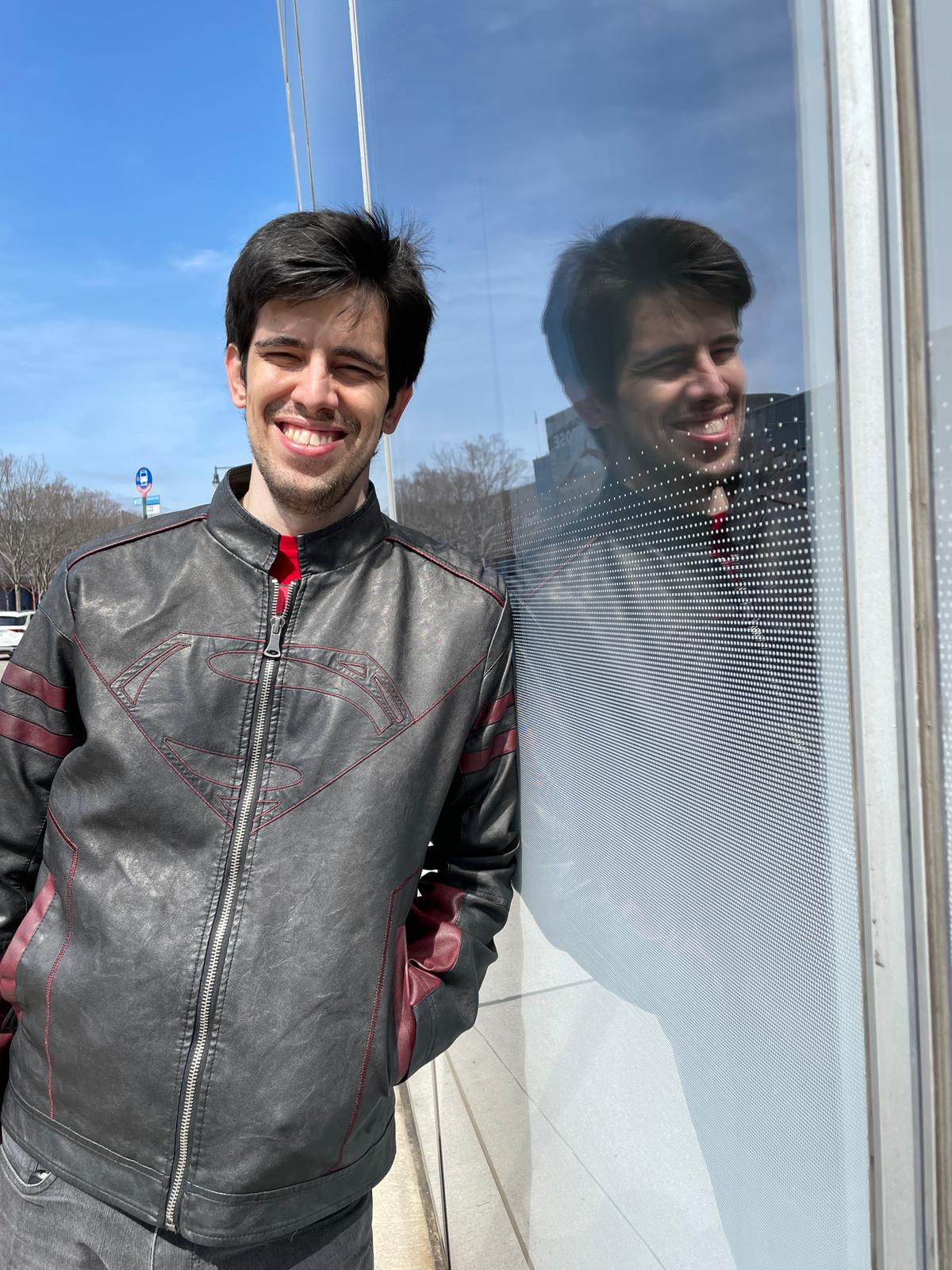
Where are you from?
Rio de Janeiro, Brazil
What was your academic background before coming to the Soc-Org Psych Program at TC?
I always laugh with myself when I think about this because I remember the discrepancy between where I started and where I am right now. I have a bachelor’s degree in Telecommunications Engineering, a graduate certification in Business Management, a master’s in Organizational Leadership, and I dropped out from a Ph.D. in Management after the first semester before joining TC.
Why did you choose the Soc-Org Psych Program at TC?
I love building Lego sets (I come from an engineering background and my engineer soul is alive and kicking!), and I have a very strong connection with pop culture. I believe the best way to describe me is by saying I have the soul of a 12-year-old child. So, everything related to Star Wars, Star Trek, comic books (I am wearing a Superman leather jacket in my profile picture. What else can I say?!), anime, and video games are right there in my lane.
Anything else you would like to share?
If you discovered this page as I did before, it means that you are considering applying to this program. Feel free to reach out if you want to know more about it! Part of me will tell you at first sight “Welcome to the jungle baby!” because this is not a walk in the park. But I can assure you that you will not be alone in this. We will be there with you sharing our experience and for you to help you build your own path!
Natanya Trazenfeld

Where are you from?
Miami, Florida
What was your academic background before coming to the Soc-Org Psych Program at TC?
Prior to the doctoral program, I completed the MA in Soc-Org Psych at TC. I also have a BA from Tufts University in Public Health and International Relations. Outside of academics, I have worked in HR and consulting.
Why did you choose the Soc-Org Psych Program at TC?
I was initially drawn to TC’s scholar-practitioner model, social justice orientation, and emphasis on group dynamics and other systems-level factors. After completing the MA at TC I knew that the program was a great fit for my research interests and was excited to return to such a welcoming community.
What are your research interests? Have they changed since you started the program? If so, in what way?
Currently, my research interests live at the intersection of leadership and identity. At the individual level, I’m interested in exploring how leaders from different backgrounds challenge or conform to expectations around “executive presence.” At the group level, I’m interested in the group dynamics of demographically diverse leadership teams, and how we can address these dynamics to improve psychological safety and conflict resolution.
What is the greatest strength of the Soc-Org Psych Program at TC?
So far, I think the greatest strength of the program is the opportunity for students to explore different topics and create a path that fits their individual interests and goals.
What career do you intend to pursue when you graduate?
I hope to have a career that spans scholarship, practice, and teaching.
What internships or jobs have you undertaken since starting the program?
None yet. During the Master’s program I interned at Colgate-Palmolive and Humu.
What is your favorite thing about NYC?
The food! Having access to incredible food from around the world is truly
amazing.
What are some of your hobbies or favorite ways to spend your free time?
Spending time with friends, trying out different crafts (currently into crochet), traveling as much as possible, and watching really bad reality TV (for the social psychology insights of course).
Amanda Frazer
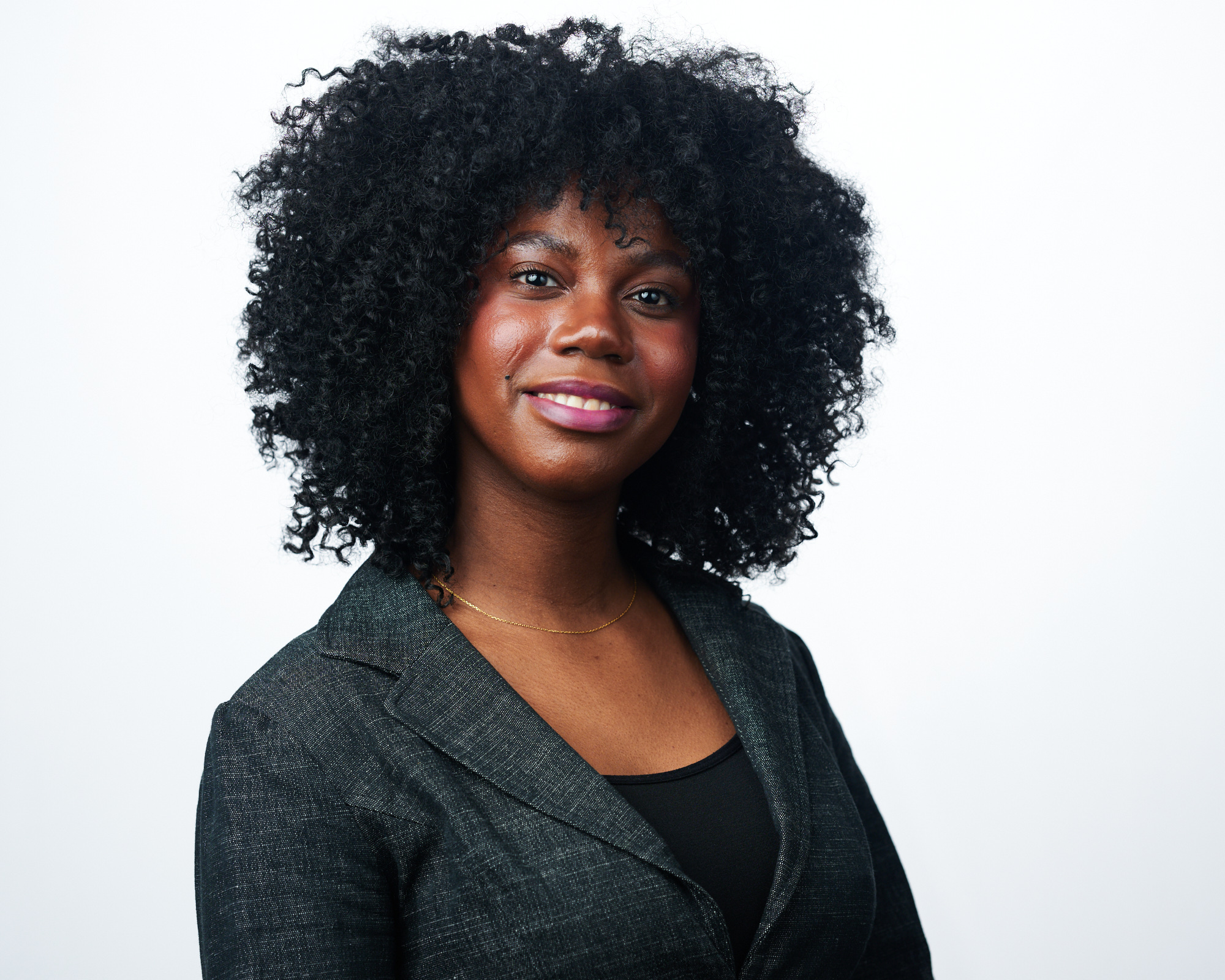
Where are you from?
Philadelphia, PA
What was your academic background before coming to the Soc-Org Psych Program at TC?
I graduated Summa Cum Laude from Wellesley College with a Bachelor's degree in Psychology.
Why did you choose the Soc-Org Psych Program at TC?
One of the reasons I chose the Soc-Org Psych Program at TC was its scientist-practitioner model, which places emphasis on both theoretical work and applied psychology. The PhD would train me to thrive in both academic and business spaces, perfectly aligning with my long term career goals. Another reason I chose TC was the workgroups that are built into the program. I appreciate the focus on collaboration and encouraging networking. Its important to me to have ample opportunities to work and collaborate with different faculty members and students on a variety of projects, and TC would meet that need.
What are your research interests? Have they changed since you started the program? If so, in what way?
I am interested in the topics of resilience, discrimination, and employee wellbeing and how these relate to organizational success and efficiency. I am sure as I mature through the program my interests will change and become more refined.
What is the greatest strength of the Soc-Org Psych Program at TC?
I anticipate that the greatest strength of the Soc-Org psych program at TC will be the workgroups and the course offerings.
What career do you intend to pursue when you graduate?
I want to work as an Applied Scientist and create initiatives, programs, or trainings that companies can implement in order to promote employee resilience and wellbeing in the face of occupational stressors and adverse events. I also hope to go into people analytics and hiring science in order to refine the ways in which companies attract and retain top talent.
What is your favorite thing about NYC?
My favorite thing about NYC is being able to connect with people who have lived such different experiences than me. The city is a melting pot of unique characters and ways of life and I love getting to immerse myself in such a diverse, culturally rich environment.
What are some of your hobbies or favorite ways to spend your free time?
I really enjoy reading and exploring book stores and thrift shops! I currently have a goal of collecting the entire Diary of Wimpy Kid series from different used bookstores around the city. It was my favorite book series as a child.
Leonidas Marin
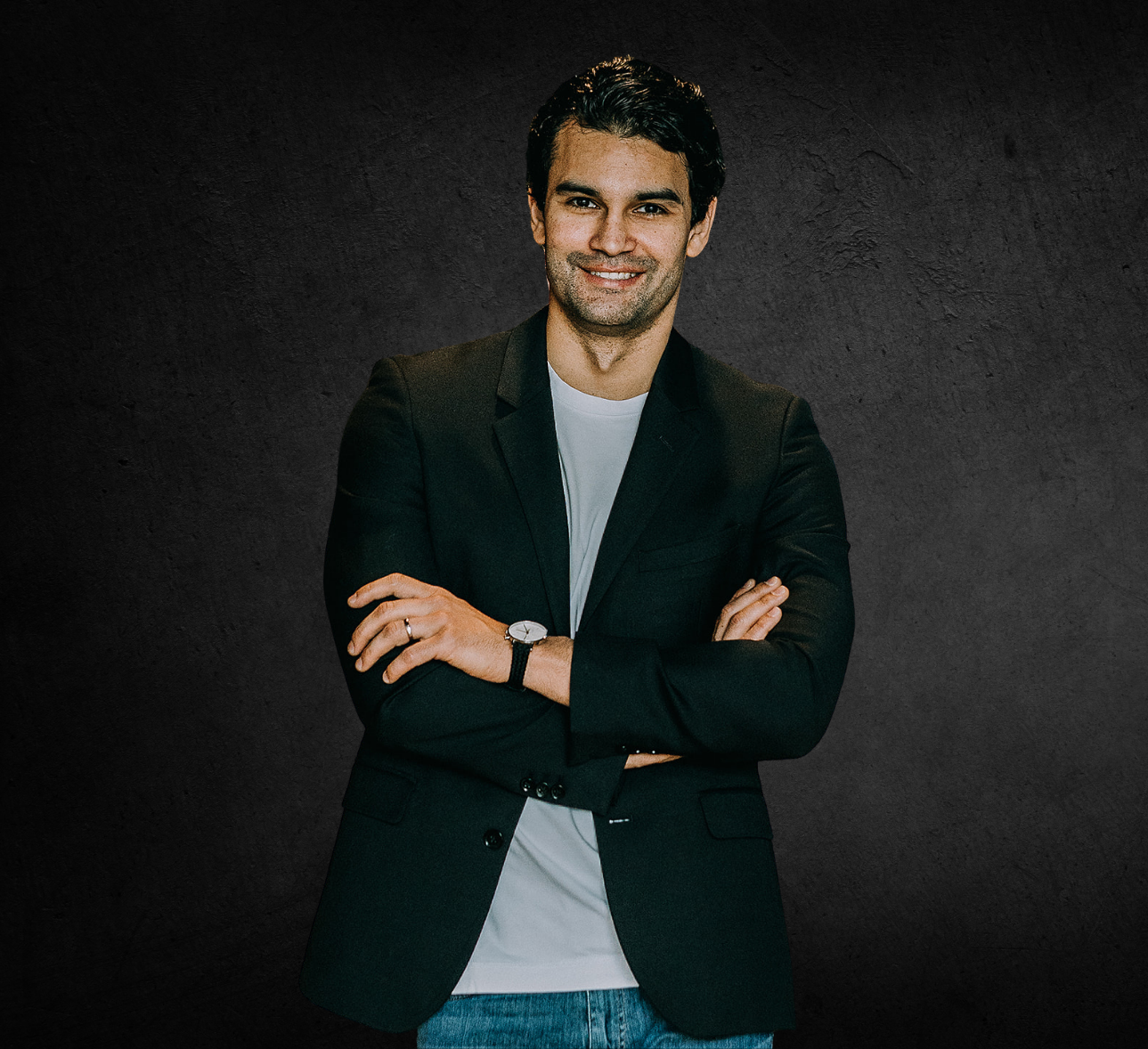
Where are you from?
Born in Santa Marta, Colombia and grew up in Queens, NY
What was your academic background before coming to the Soc-Org Psych Program at TC?
I earned my Bachelor’s in Science at the US Military Academy at West Point in Latin American Studies and came to TC for the first time for a Master’s in Organizational Psychology through the XMA program.
Why did you choose the Soc-Org Psych Program at TC?
Because it is one of the few doctoral programs that specifically studies social psychology in the context of organizational life, and explicitly adheres to a scholar-practitioner model.
What are your research interests? Have they changed since you started the program? If so, in what way?
I would like to more intentionally investigate questions related to how social identity influences employee engagement during times of major change, and how individuals can successfully manage disruptions in identity brought about by transition, and how the state of psychological transition impacts organizational change efforts and leadership practices.
What career do you intend to pursue when you graduate?
I intend to pursue a career in academics after graduating, with the aim of inspiring and impacting others as profoundly as my educators have influenced me.
What is your favorite thing about NYC?
The serendipity of the city. You can turn a corner and stumble upon an event, a celebrity, a new restaurant, you name it. The other is that everyone walks with a purpose - there’s a minimum speed limit on the side walks.
What are some of your hobbies or favorite ways to spend your free time?
These days, most of my free time is spent with my two daughters and spouse exploring museums, parks, bookstores, and kids' movies. I also like to run, read history books, and watch Chelsea FC.
Anything else you would like to share?
Contact info: lm3260@tc.columbia.edu